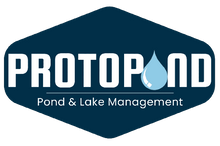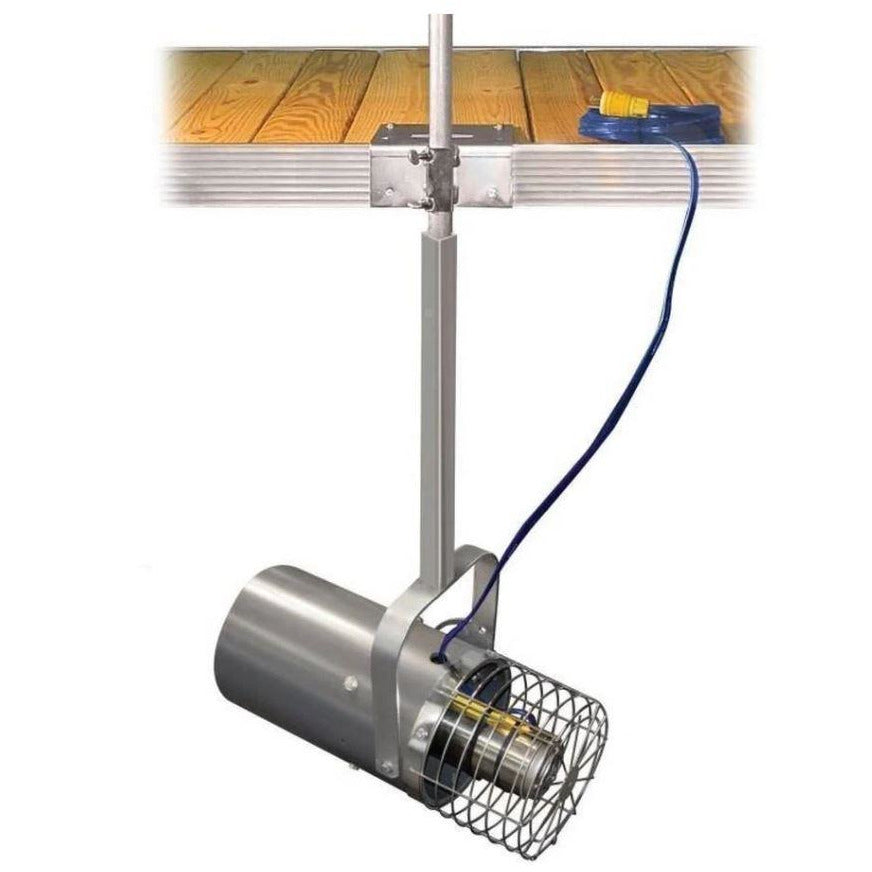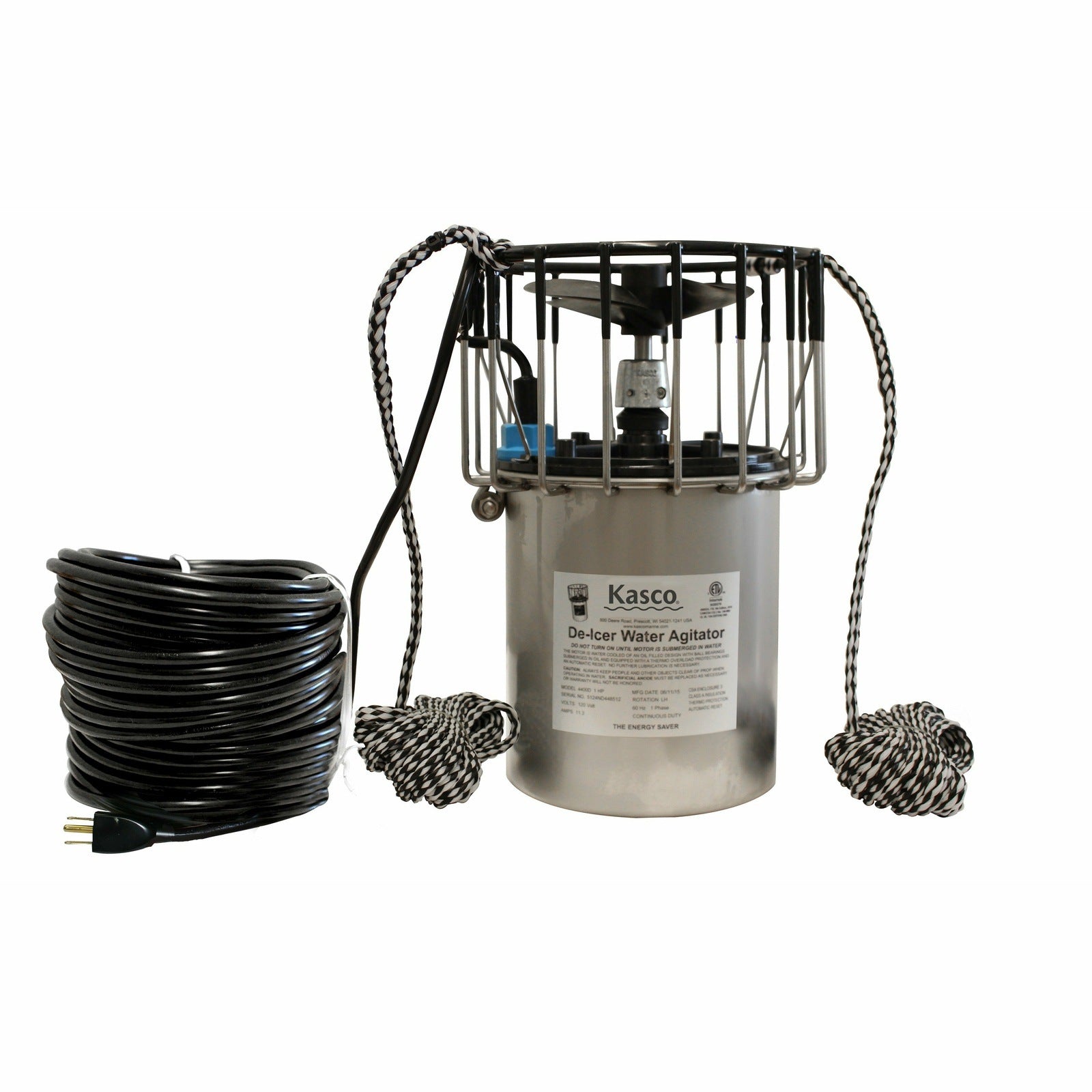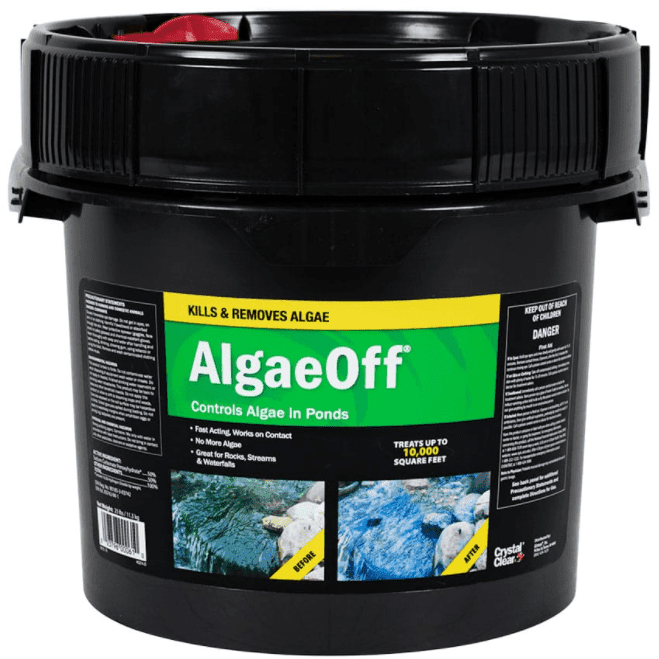If you have a pond in your backyard, you've likely noticed frogs hopping around or heard their croaks at night. But have you ever wondered what pond frogs eat and how it affects your pond’s ecosystem? Knowing their diet helps you manage your pond effectively whether they're helping to control pests or nibbling on your fish. In this guide, we’ll explore what pond frogs eat, how their diet changes over time, and how you can create the perfect frog-friendly habitat.
Why Are Pond Frogs Important for Your Pond’s Health?
If you've spotted frogs in your pond, consider yourself lucky. Pond frogs not only add charm to your water feature but also play an essential role in keeping your pond healthy. Here’s how:
- Natural Pest Control: Frogs feed on insects like mosquitoes, flies, and beetles, which are often nuisances near ponds. A single frog can eat hundreds of insects a night, helping to keep the bug population in check naturally.
- Balanced Ecosystem: Frogs provide food for other pond predators like birds and snakes, helping to maintain a balanced food web. Additionally, their presence is a great indicator of good water quality, as frogs need clean water to survive.
- Tadpoles’ Role: What do pond frog tadpoles eat? Mostly algae and organic matter. Tadpoles help control algae growth, which can otherwise deplete oxygen levels in your pond. This keeps the water clear and healthy for fish and plants.
What Do Pond Frogs Eat at Different Life Stages?
Pond frogs’ diets evolve as they grow. Here’s a breakdown of their diet through the various life stages:
Tadpoles:
Tadpoles primarily eat algae, plant particles, and decomposing organic matter. This is beneficial for your pond, as they help keep algae growth under control, which in turn improves water clarity.
Juvenile Frogs:
Once tadpoles become juvenile frogs, their diet shifts to protein. They begin feeding on small insects like mosquito larvae, water flies, and snails. These frogs are natural pest control agents, helping to reduce the mosquito population around your pond.
Adult Frogs:
Fully grown frogs are opportunistic feeders, eating insects, spiders, worms, and even small fish. Larger species, like bullfrogs, may even consume other frogs and small mammals. Most frogs will focus on insects, but if you have small fish, larger frogs may see them as prey.
How Frogs Hunt for Food
Frogs are efficient hunters with a unique way of catching prey. They don’t chase their food instead, they sit patiently and wait for an opportunity. Here’s how their hunting mechanism works:
The Frog's Tongue: A Secret Weapon
A frog’s tongue is designed for speed and precision. Anchored at the front of their mouth, the tongue can launch out to catch prey in less than a second. Once the tongue hits the prey, the frog’s saliva becomes extra sticky, ensuring the insect doesn’t escape.
Nocturnal Hunting:
Most frogs are nocturnal hunters. As night falls, frogs become more active, hiding near pond edges or within plants, ready to ambush insects. Their night-time feeding helps reduce insect populations, particularly mosquitoes.
How to Create a Frog-Friendly Pond
Want to attract more frogs to your pond? Here's how to create an ideal environment for them:
1-Add Vegetation and Shelter
Frogs love hiding spots. Plant native aquatic plants like water lilies or cattails around the pond edges. These provide shelter for frogs and create hunting grounds for insects. Adding rocks or logs around the pond also gives them cool resting spots during the day.
2-Keep the Water Clean
Frogs are sensitive to chemicals and pollutants in the water. They absorb moisture (and unfortunately toxins) through their skin, so it’s essential to maintain clean water free from pesticides and other contaminants.
For maintaining clean water, you can add a filtration system or pond treatments available at Protopond. A good filtration system like the BioFalls filter helps keep the water clean and free of harmful chemicals, which is essential for frogs
3-Provide Calm Water
Frogs lay eggs in still or slow-moving water. Avoid large waterfalls or fast water features if you're trying to attract more frogs. Consider choosing gentle aerating fountain options or creating a separate still water section of the pond for frogs to lay eggs and for tadpoles to develop.
4-Control Predators
While frogs are great for pest control, they are also prey for birds, raccoons, and snakes. You can help protect them by providing plenty of hiding spots in and around the pond. If you have small fish, consider adding protective measures like pond netting during the rainy season to keep large bullfrogs from turning your fish into dinner.
FAQs
Do Frogs Eat My Fish?
Yes, some frogs, especially larger species like bullfrogs, may eat small fish if they can catch them. Larger frogs may prey on minnows or young goldfish, but most frogs stick to insects.
Can You Feed Frogs?
It's not recommended to feed frogs. They are natural hunters and feeding them could interfere with their role in controlling insect populations. Let them hunt as they normally would.
What do pond frogs eat in winter?
During winter, frogs hibernate and do not eat. They slow their metabolism and hide in mud or under water where they remain inactive.
What Time of Day Do Frogs Eat?
Frogs are primarily nocturnal and do most of their feeding after dark. They rest during the day and become active at dusk to hunt for insects.
Final Thoughts
Frogs play a critical role in your pond’s ecosystem, acting as both predator and prey. By controlling insects and algae, they help maintain a balanced environment. However, what pond frogs eat can sometimes include small fish, so it's essential to strike the right balance.
Take a closer look at your pond’s frog population. Do you need to encourage more frogs for pest control, or are too many frogs affecting your fish? If you need pond netting, filtration systems, or aquatic plants, ProtoPond has the solutions to help create a healthy, frog-friendly pond.
Explore our range of pond products to keep your pond vibrant and balanced. Don’t overlook your frogs, they’re working hard to keep your pond balanced, and a little effort on your end can make sure things stay that way.













1 comment
Peter Maxwell
Maintaining the health of the Koi fish in my pond requires regular care and clean water. Thanks to https://purelyponds.com/maintenance/, I can get the supplies I need to do regular and proper pond care.